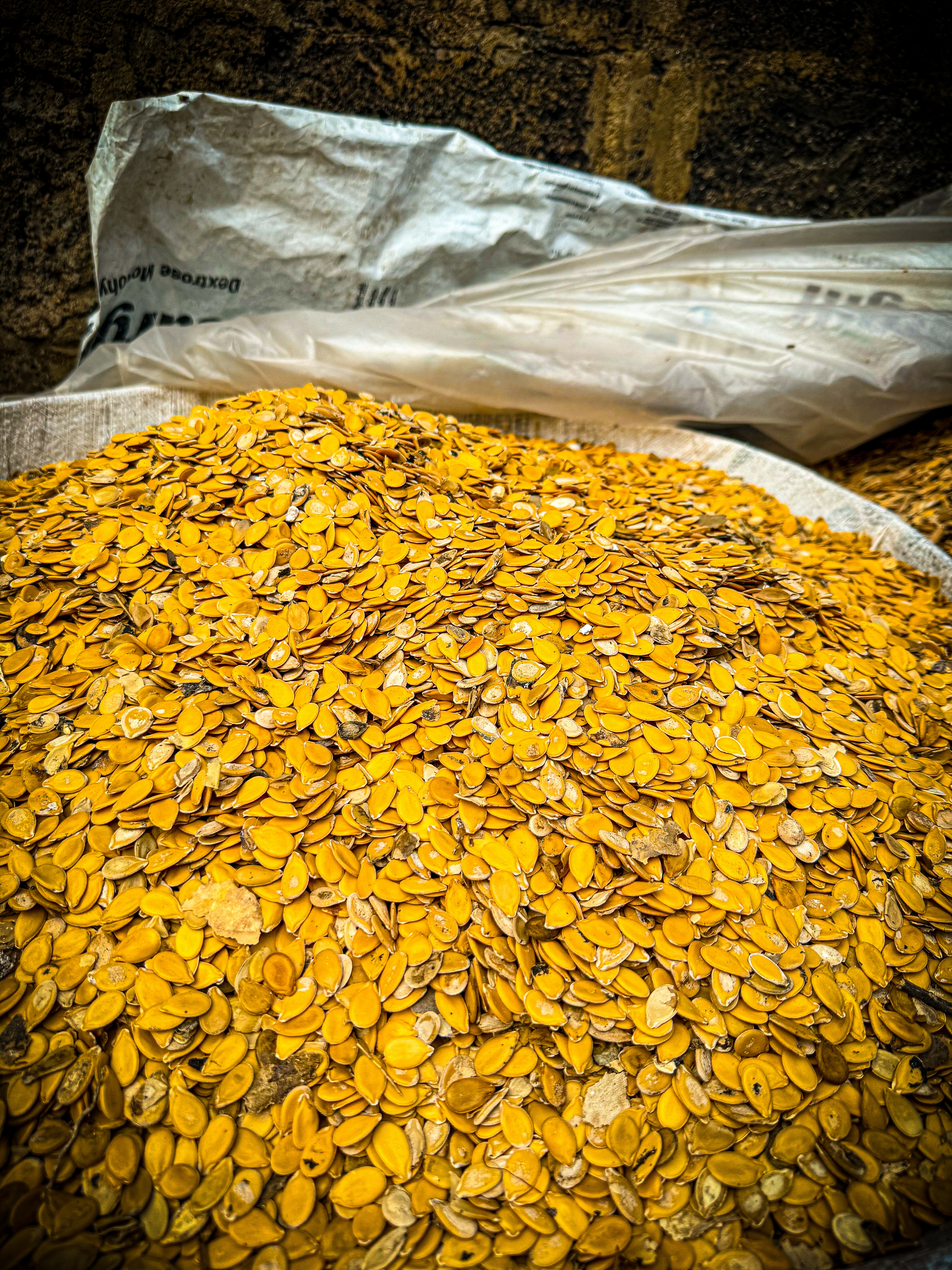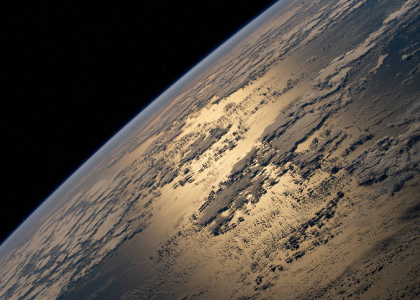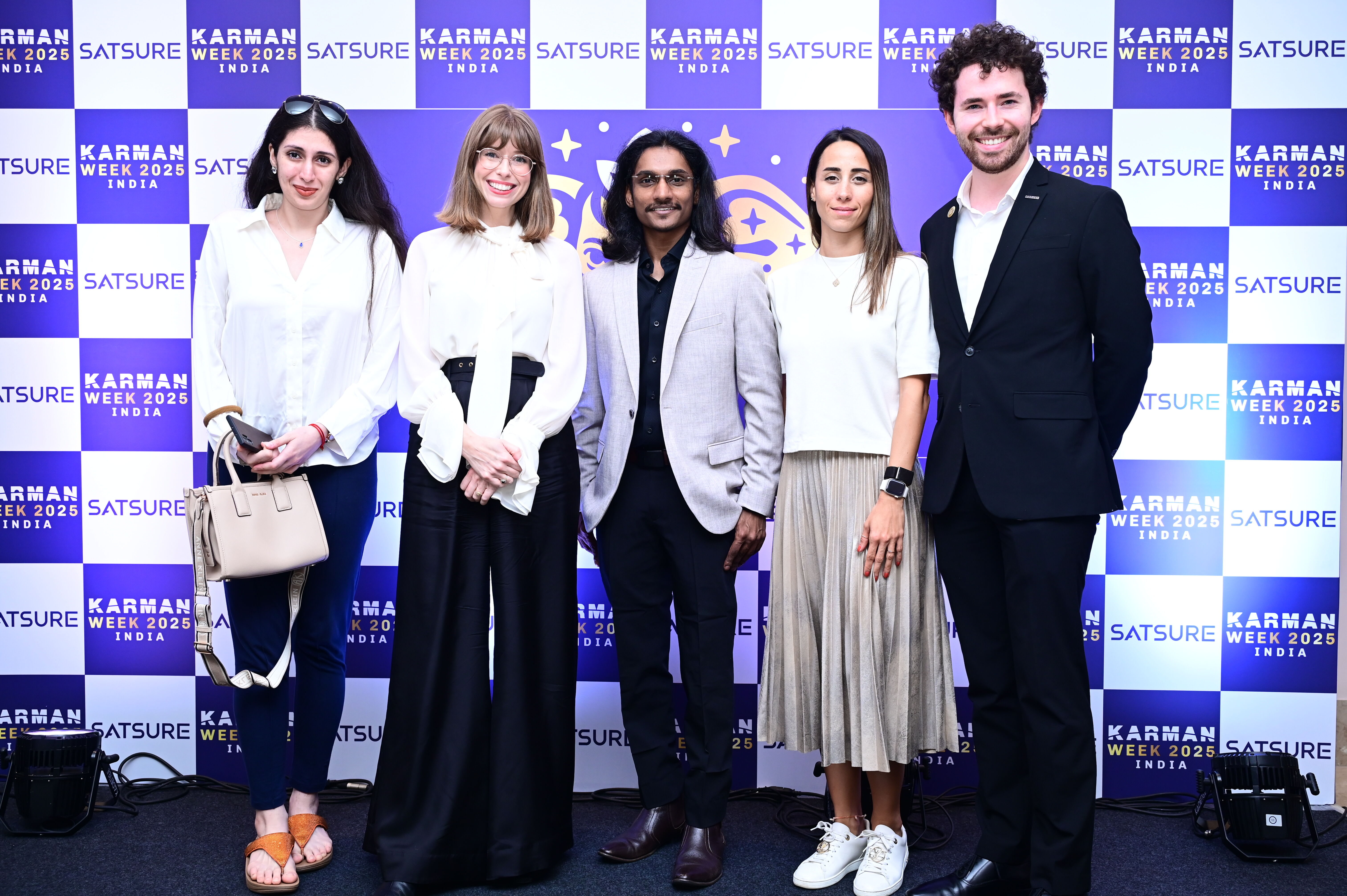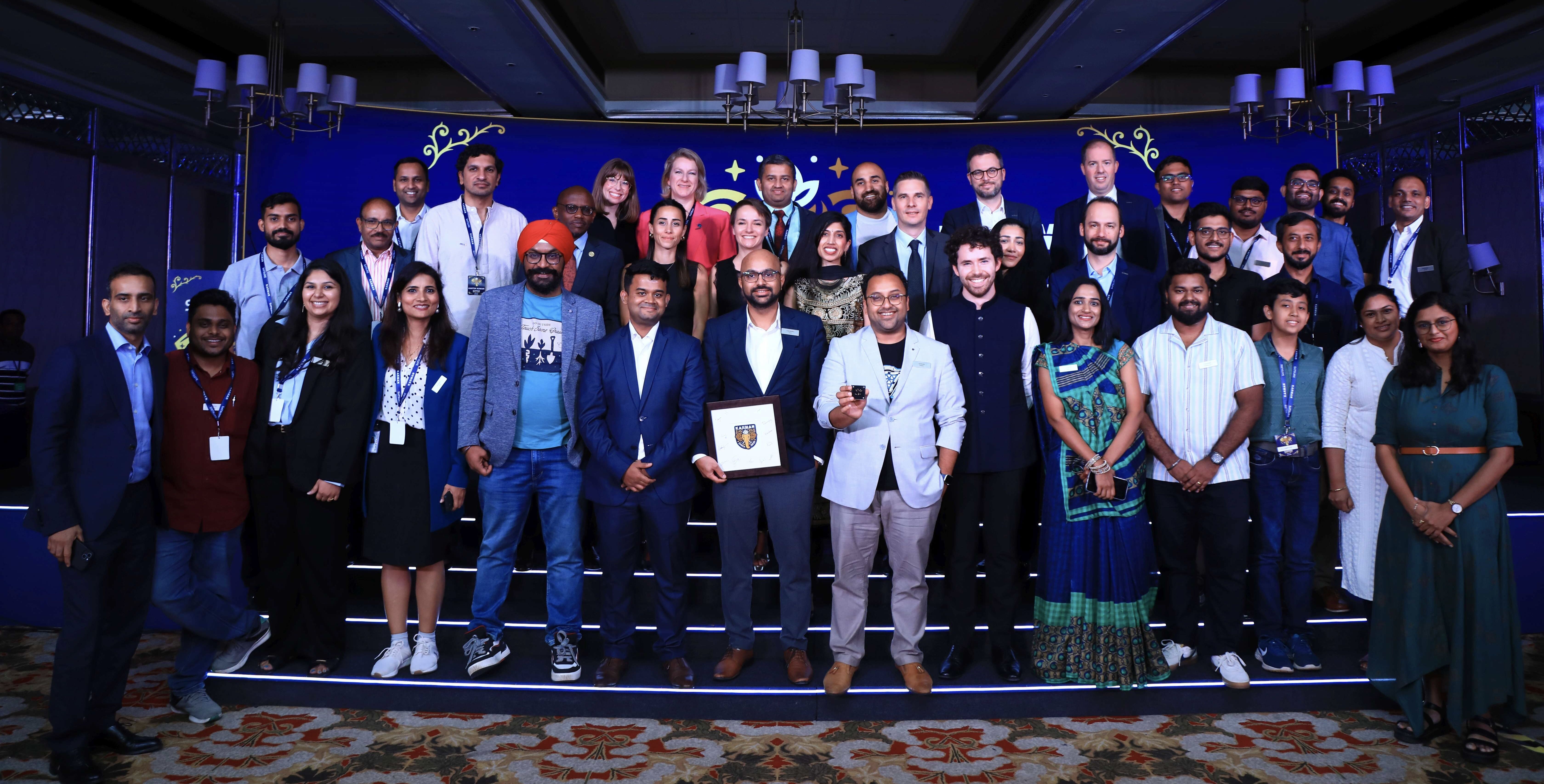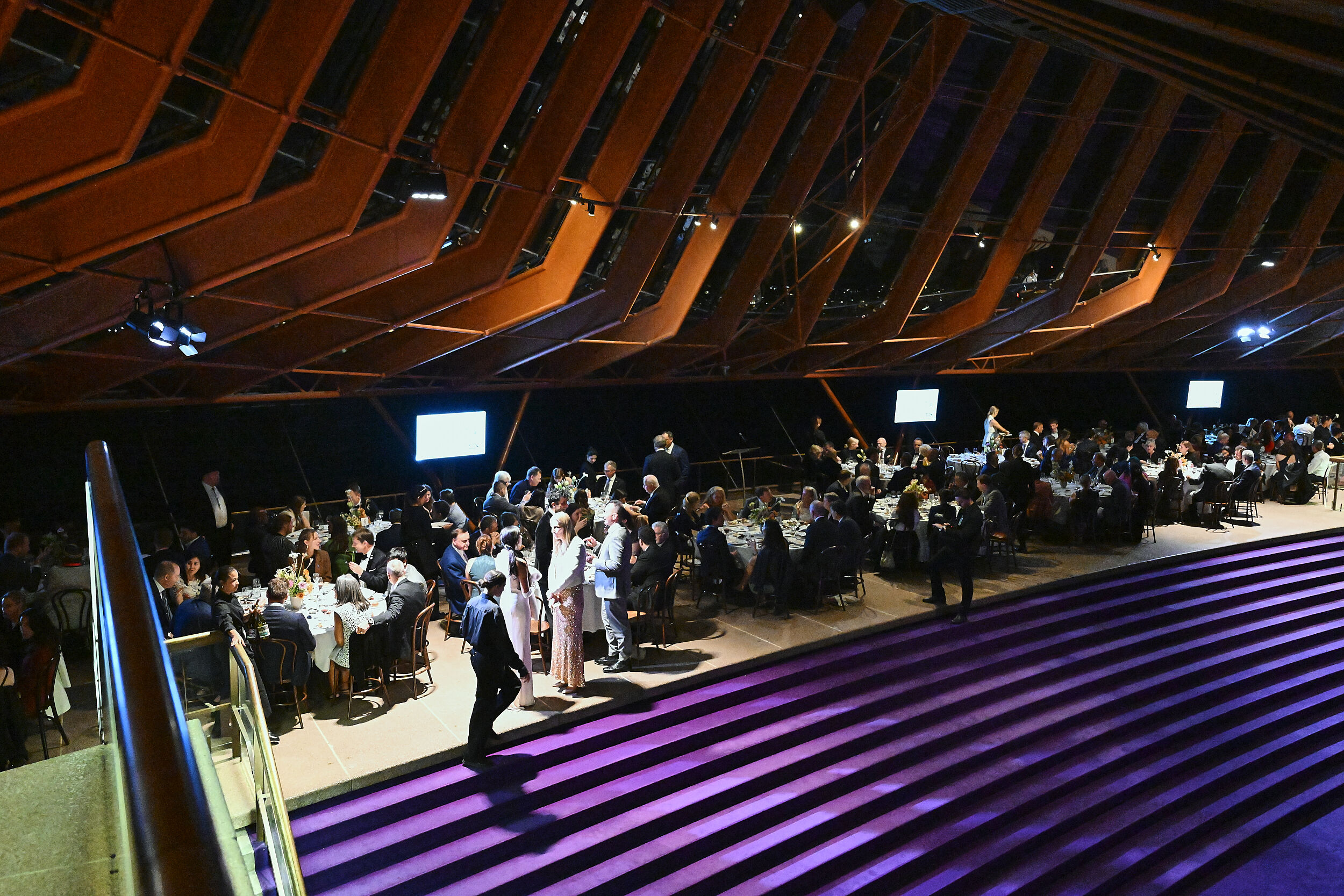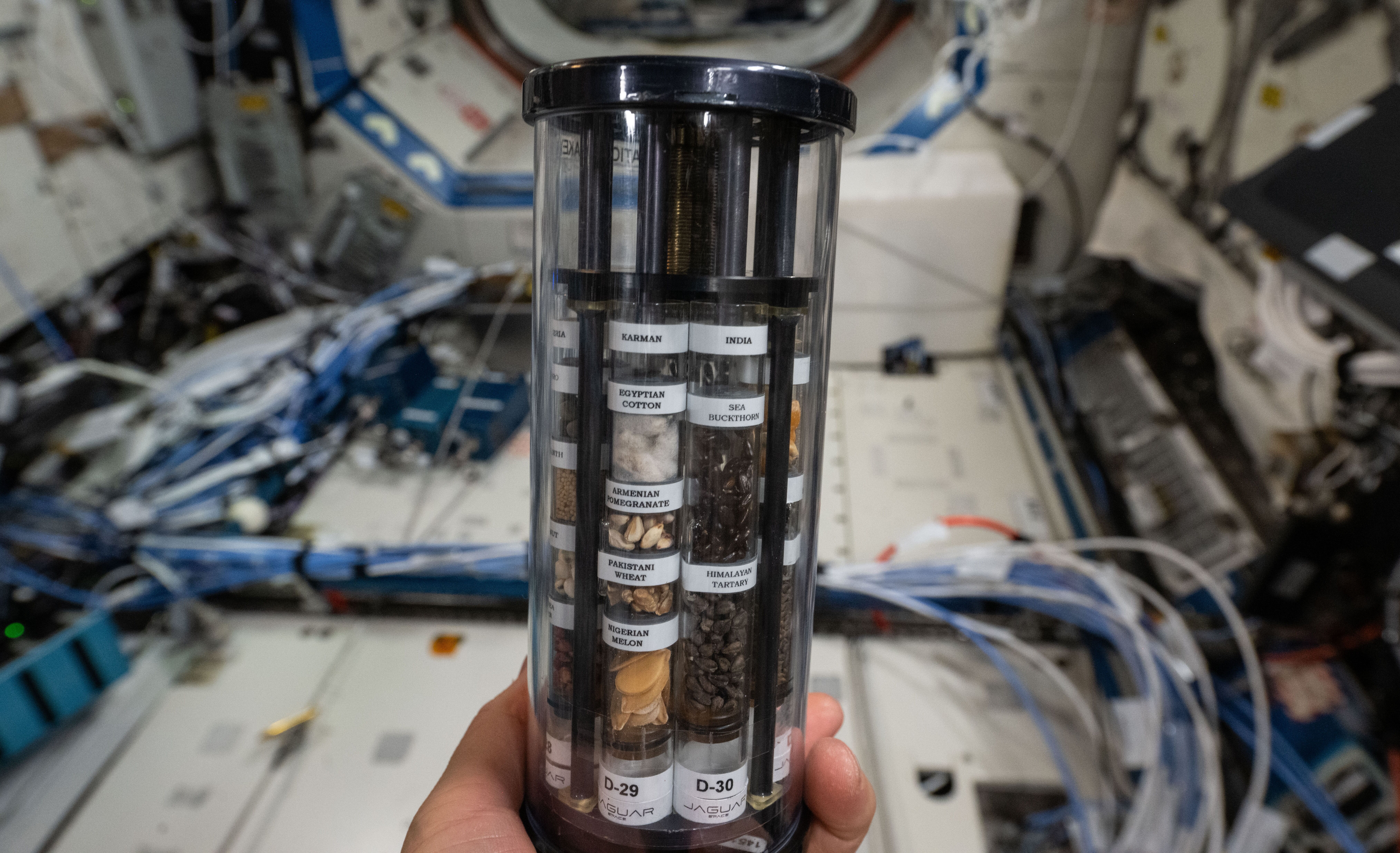By Adrian Flynn
This is the third installment in a four-part series, The Karman Garden, spotlighting the four Karman Community members who are providing seeds for the World Seeds Payload as part of the Karman-Jaguar Earth Seeds for Space partnership. Read more about the partnership here.
For 2020 Karman Fellow Dr. Temidayo Oniosun, elevating the rapidly growing African space ecosystem is the bottom line. But through the Karman-Jaguar Earth Seeds for Space partnership, he elevates the African space ecosystem past the Karman line.
With his firm Space In Africa, Dr. Oniosun has built numerous partnerships and programs that bring the benefits of space down to Earth and help people across the continent launch careers in the sector. He was already seeking new research collaborations with researchers across West Africa when the Karman-Jaguar partnership presented precisely the bold, intercultural mission he was eager for.
Dr. Oniosun was certain that if any indigenous seed should represent Nigeria on the International Space Station (ISS), it must be Egusi. No other seed has as much cultural significance or is as ubiquitous. The crop is deeply embedded in the culinary traditions of the Yoruba and Igbo communities in Nigeria, both in its standard seed form and as a fully grown melon. Highly versatile, Egusi can be soaked, fermented, and sautéed as a protein-rich meat alternative or in widely-consumed soups. Several distinct Egusi-based dishes can also be found across West Africa.
Egusi has never flown to space, opening myriad opportunities for scientific breakthroughs. Dr. Oniosun and his collaborators specifically aim to study how microgravity affects its germination pathways, lipid metabolism, and stress response. Studying how Egusi responds to conditions on the ISS could lead to innovations in seed preservation, crop resilience, and food production systems both in space and on Earth. Egusi’s nutrient-rich composition, as well as its ability to thrive in poor soils and droughts, already makes it a key candidate for harsh environments.
The cultural and societal impact of Egusi in space, however, is what Dr. Oniosun believes carries the best potential for a multiplier effect across the region. For people in West Africa, the mission will serve to bring space down to Earth in a singular way. As Dr. Oniosun sees it: “The idea that Egusi, something people eat every day, is going to space makes space feel real… When people hear that Egusi, something so familiar, is going to space, their curiosity is activated. It makes them ask questions and imagine bigger things.” This mission invites curiosity across science, agriculture, and innovation, broadening people’s perspectives on space. While the Nigerian Space Agency is active, this mission will further help communicate to people that Nigeria has a place in space. The mission also tangibly demonstrates the opportunities afforded by strategic international cooperation, a core aspect of The Karman Project’s mission: “If we can send Egusi to space, we can send more: More people, more ideas, more technology,” according to Dr. Oniosun. In service to these goals, his team is building a vibrant public-facing campaign around the mission, featuring multimedia storytelling and creative content that connects Egusi to space in an accessible and culturally resonant manner.
The mission also carries significant personal meaning for Dr. Oniosun. In his words: “It feels like coming full circle… Egusi reminds me of family, of growing up, of something warm and familiar. So sending it to space feels like I’m sending a piece of myself.” The mission casts Egusi’s rich heritage in a new light, symbolizing how far homegrown heritage can reach. Launching Egusi into space blends the ordinary and extraordinary, instilling inspiration for years to come: “If, ten years from now, a kid in Ibadan or Kano remembers this and chooses to study science because of it, that’s the real win.”
The Egusi representing Nigeria, provided by Dr. Temidayo Oniosun, are scheduled to fly to the ISS with Crew-11 on July 31st and return with Crew-10 in August.
